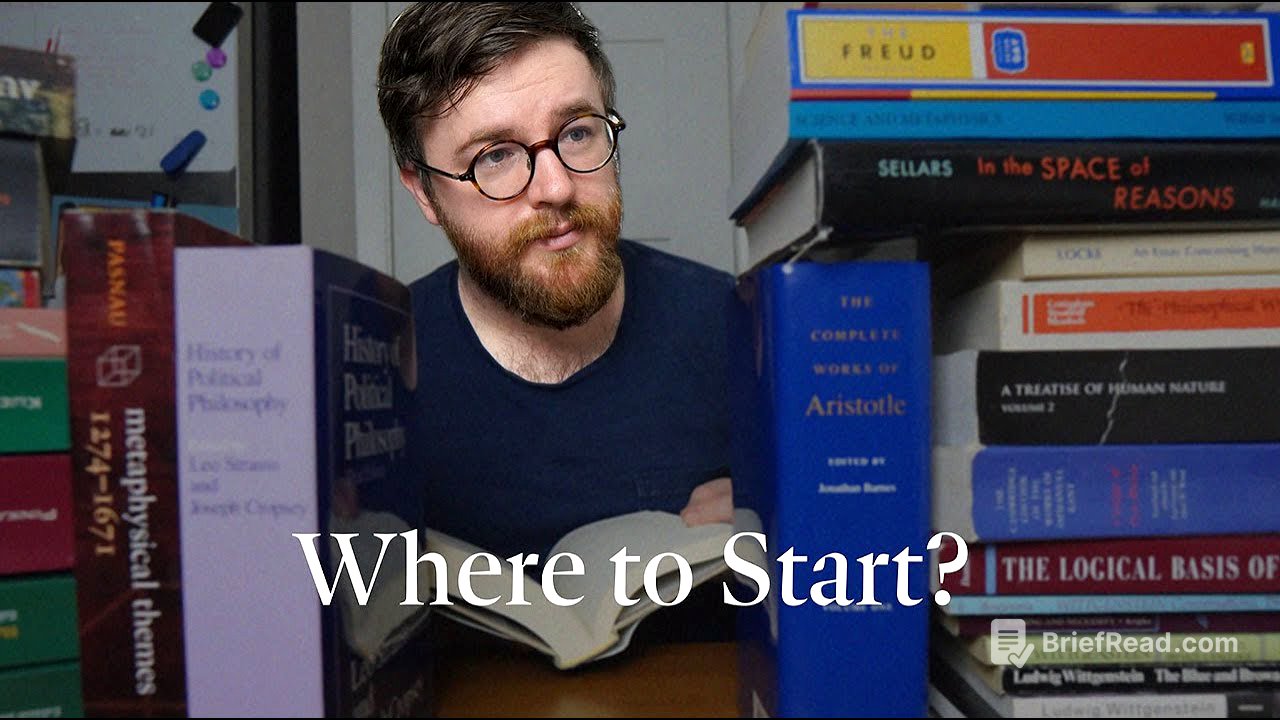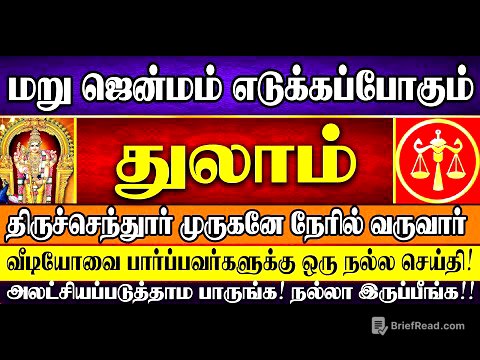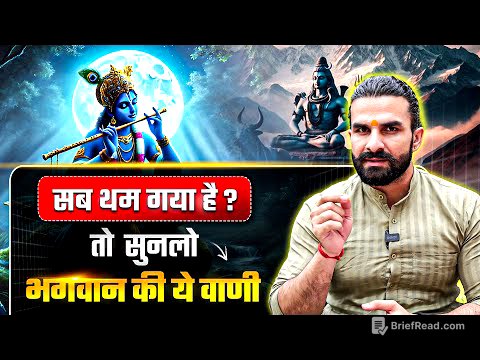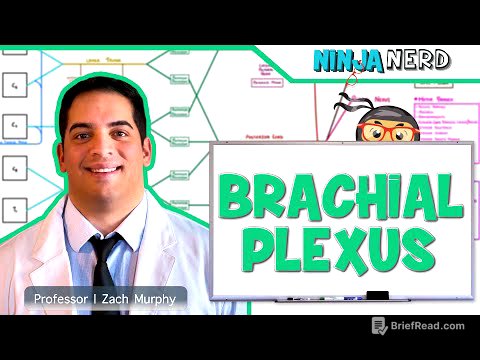TLDR;
This video is a guide for beginners on how to start studying philosophy independently. It emphasises focusing on specific philosophical questions that interest you, starting with introductory texts, and then moving on to primary sources. The video recommends specific books, including works by Plato, Marcus Aurelius, Augustine, Descartes, and John Stuart Mill, and encourages viewers to engage with these texts as part of a lifelong journey of intellectual growth.
- Focus on specific philosophical questions that interest you.
- Start with introductory texts before moving to primary sources.
- Philosophy is a lifelong journey, not just a checklist.
Introduction: How to Start Studying Philosophy [0:00]
The video addresses the common request for guidance on how beginners can start studying philosophy, especially those who are not in a university setting or prefer to study independently. The speaker, who has a PhD and two master's degrees in philosophy, clarifies that his expertise is primarily in Western philosophy, and thus the guide will focus on that area. He acknowledges that there are many great non-Western philosophers but he is not the best person to guide on those topics.
Finding Your Philosophical Interests [1:03]
It's difficult to be interested in philosophy "in general" because philosophy covers a wide range of questions. It's better to identify the specific questions that interest you most and use those questions to guide your reading. For example, if you're interested in metaphysics, you might start with Aristotle's "Metaphysics." If you are a total beginner, you might not know what all of those terms mean, and so you need some kind of book that will gently ease you into the language of philosophy.
Introductory Books for Beginners [1:57]
Two books are recommended for easing into philosophy: "The Problems of Philosophy" by Bertrand Russell and "Think" by Simon Blackburn. Russell's book is clear and discusses interesting topics, with a chapter on the value of studying philosophy. However, it is opinionated and some views are outdated. Blackburn's "Think" introduces topics like free will, knowledge, rationality, the existence of God, the self, and ethics. The book gives a gentle introduction to basically every possible topic. The speaker advises against historical surveys or fictionalized introductions like Russell's "History of Western Philosophy" or "Sophie's World," preferring that beginners get into reading primary texts as soon as possible.
Primary Texts: Plato's Complete Works [5:10]
The speaker recommends reading primary texts as soon as possible, even though they can be difficult. He limits himself to five books, starting with the complete works of Plato. While a good edition can cost around fifty dollars, it's a worthwhile investment for a lifetime of reading. Free translations are available online, but their quality can be questionable. Plato's dialogues are short and cover ethics, theories of creation, knowledge, metaphysics, and politics, providing a sample of almost every topic in the history of philosophy. Plato is also pretty easy to read, he's writing dialogue so they almost read like plays.
Meditations by Marcus Aurelius [7:24]
The second book recommendation is "Meditations" by Marcus Aurelius, which exemplifies philosophy as a way of life. The book begins with Aurelius listing what he has learned from forefathers, orators, and philosophers, indicating that he has learned to live from these people. The speaker notes the current popularity of stoicism and plans to explore why it resonates with so many people today.
Confessions by Saint Augustine [8:06]
The third recommendation is "Confessions" by Saint Augustine, which was highly important in Western thought. While it may be less interesting to those who are not religious, Augustine blends poetry, theology, and philosophy. The book discusses the nature of time, motivation, the will, the existence of God, and the metaphysics of evil, all within Augustine's autobiography. Augustine was important in the development of Western theology, which was closely linked to philosophy for centuries.
Meditations by René Descartes [9:41]
The fourth book is "Meditations" by René Descartes, important for understanding epistemology and skepticism. Skepticism is a recurring theme in philosophy, with Descartes questioning the possibility of having knowledge. Descartes argues that knowledge is possible, grounding it in the idea "I think, therefore I am," which he sees as a foundation for all knowledge. The book is simple to read but deceptively complex, requiring multiple readings to fully grasp.
On Liberty by John Stuart Mill [11:33]
The final recommendation is "On Liberty" by John Stuart Mill, a short work of political philosophy. Mill was influential in shaping contemporary ideas of freedom and liberty. Reading Mill helps trace the sources of these popular notions. Mill's writing is clear and he also wrote "Utilitarianism," which the speaker disagrees with but considers worth reading. It's noted that Mill's wife played a significant role in the formation and writing of some of his texts.
Conclusion and Further Suggestions [12:37]
The speaker believes that a beginner can pick up and read all of those books. Viewers are encouraged to suggest supplemental works or specific topics of interest in the comments for future videos. The speaker hopes the guide helps viewers start their philosophical journey, which is a beautiful and lifelong pursuit.









